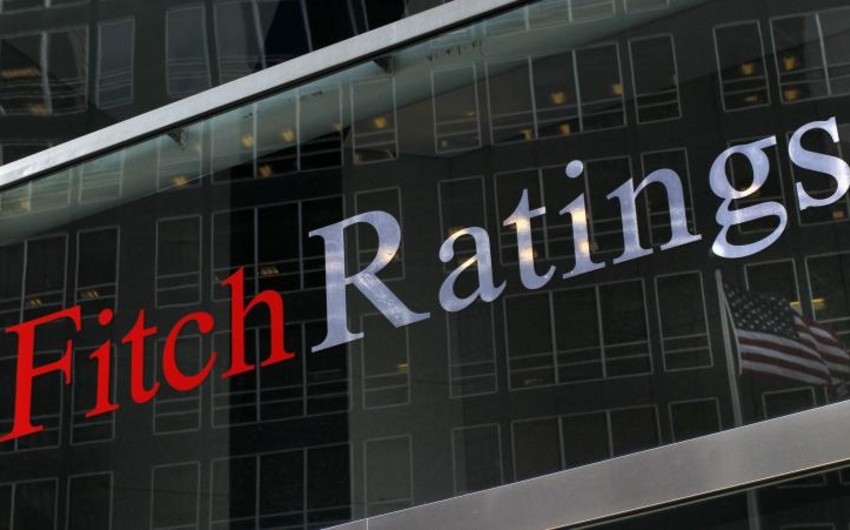Baku. 3 March. REPORT.AZ/ Fitch Ratings has downgraded Azerbaijan-based utilities company JSC Azerenerji's (Azerenerji) Long-term Issuer Default Rating (IDR) to 'BB+' from 'BBB-' and Short-term IDR to 'B' from 'F3'. The Outlook is Negative.
Report informs, the downgrade of Azerenerji's rating reflects the downgrade of the Republic of Azerbaijan's Long-term foreign currency IDR to 'BB+' from 'BBB-'
Azerenerji's ratings are aligned with the Republic of Azerbaijan, reflecting the company's strong legal, strategic and operational ties with the state. All of the company's outstanding debt at end-2015 was guaranteed by the state.
The rating alignment reflects state guarantees for all of Azerenerji's outstanding debt at end-2015, the company's strategic importance to the Azerbaijani economy, strong operational links, including tariff and capex approval by the government, as well as a track record of direct tangible state support.
Fitch assumes that the share of state-guaranteed debt will remain fairly stable over 2016-2018 and we do not expect any significant changes to the legal links with the state in the foreseeable future as there are no plans at present to privatise Azerenerji. The state has also continued to provide equity injections, totalling AZN930m over 2009-2015, to partially fund its investment programme (35% of total capex over this period). The company expects to receive another AZN 3.7 bn over 2016-2019, covering almost all of its investment needs.
The 50% Azerbaijan manat devaluation in December 2015 has further weakened Azerenerji's standalone credit profile due to the currency mismatch between the company's debt and revenues and limited use of hedging to reduce exchange-rate risk exposure. At end-2015, almost all of the company's outstanding debt was denominated in foreign currencies, mainly in dollars, euros, and Japanese yen while almost all of its revenue was based in local currency. We expect the devaluation will increase Azerenerji's gross leverage to around 20x over 2016-2018, other things being equal, from 7.5x in 2014.
Given the already high leverage, Fitch expects Azerenerji to receive state guarantees for any new debt in addition to equity injections for specific investment projects.
Fitch expects the forecasted deterioration of Azerenerji's financials will lead to a continued breach of debt service coverage ratio covenant set forth in the loan agreement with Asian Development Bank (ADB). The covenant is currently set at cash flow from operating activities/(repayments plus interest) above 1.5x. Azerenerji is currently negotiating with ADB to waive the covenant breach.
The strength of strategic ties is underpinned by Azerenerji's virtual monopoly in Azerbaijan's electricity generation market and transmission segment. This demonstrates the company's importance to Azerbaijan's economy, despite a fairly low contribution to the country's GDP.
Azerenerji's standalone profile has weakened, due to its worsening financial performance and weak liquidity. Deteriorating financial performance was mainly driven by an imbalanced tariff-setting mechanism where substantial gas tariff increases have not been matched by electricity tariff change, that pressured EBITDA margin, and by manat devaluation, that resulted in debt increase. However, we do not expect the worsening standalone profile to affect the ratings unless the company faces unremedied liquidity squeeze.


 https://static.report.az/photo/27b9cc06-def1-40a5-8298-a207493968dd.jpg
https://static.report.az/photo/27b9cc06-def1-40a5-8298-a207493968dd.jpg

